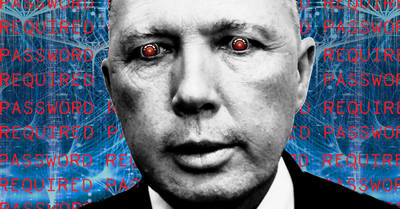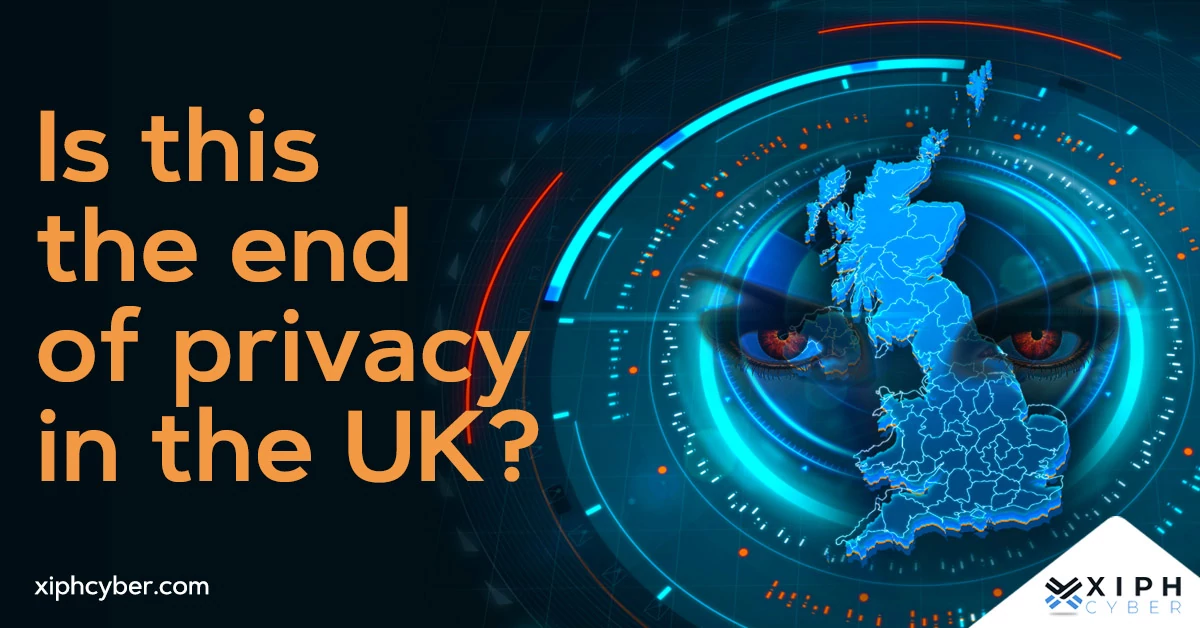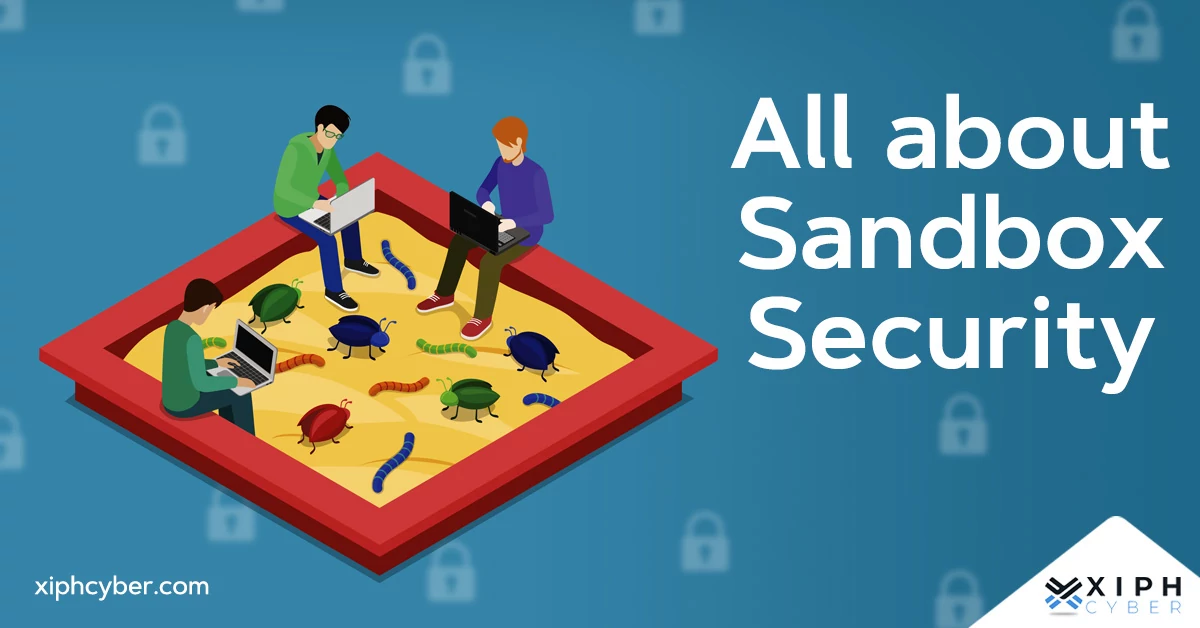Published Jun 24, 2020 by Xiph
Dutton’s at it again…and this time it’s personal (to you, not to him)
As a job title that involves the overseeing of our privacy and security, Home Affairs Minister should be retitled as Surveillance Assurance Minister, at least under the reign of Dutton and his conga-line of data enthusiasts.

Since contracting COVID-19, the man has been understandably absent from the spotlight, but he’s since driven back into it on a Harley powered by a towering stack of proposals for (or endorsements of) propositions that will shake the foundations of your privacy.
How about a quick game of Password, Pin, or Prison?
Okay, so you’re not going to hear a knock at the door and find Dutton on the other side with a notepad and pen, waiting impatiently for your lockscreen pin or WhatsApp password without a clear reason. But the man deemed by Sydney Criminal Lawyers to be “at the helm of the surveillance state” has been credited as suggestinging that police deserve access’ passwords and pins of anyone under suspicion of using encrypted technology to carry out wrongdoing.
The proposals could also see those who are NOT EVEN SUSPECTED of a crime face up to $50,000 in fines and up to five years imprisonment for refusing to provide the passwords and pins to their phone, laptop or similar personal devices. To make things worse, an innocent IT professional who refuses an order to help Dutton’s conga-line crack a computer system could also end up in a prison cell for five years. If that help is related to a terrorist investigation, the penalty for staying out of it ramps up to a decade in lockup and/or a $126,000 fine.
That’s all folks! If by ‘all’ you mean ‘just the beginning’.
Continuing along this line of what some have called insanity, tech companies who are similarly unyielding will face up to $10 million in fines. But the final kicker – this legislation would allow international agencies to demand our Attorney General force Aussie police to access any computer (including yours) to help investigate an alleged overseas crime.
Dutton’s decisions are, to be frank, a little unsettling – which is just another way of saying, this is starting to get ridiculous.
Why? Well, firstly, due to everything we’ve just said. But also, because:
he seems adamant in increasing already Draconian laws that give cops permission to access any Aussie storage device as long as they can establish ‘reasonable suspicion’ that it helps their investigation to a magistrate.
He has just last month doubled-down on his support of the government’s proposal to work with foreign intelligence services to, among other things, sidestep the journalistic right to pursue sources without interference.
He has regularly defended our world-infamous metadata retention laws, which forces the telecommunications data of ALL Australians to remain accessible to law enforcement for two years – and is accessible WITHOUT A WARRANT.
A year ago, this scheme had already cost our telcos more than $210 million. So, if your data plan or phone credit costs have gone up over the last 12 months, you know at least one of the reasons why. In at least one sense, you could be paying more to hand over your metadata.
In 2015, during pre-training for the role of International Vanilla Supervillain, it was revealed that he allegedly organised Operation Raven - the surveillance of Greens senator Sarah Hanson-Young (AKA The Raven, AKA “an embarrassment to our country”) during her exploratory visit to Nauru detention centre.
Dutton, stop giving us ammunition (no, we’re serious, please stop)
We’ve written about our frustrations with Dutton’s work plenty of times before during the course of simply reporting or commenting on privacy news and legislative moves. But the reason we give the man so much scroll-time is the fact that he just will not consider how jeopardising privacy affects so many aspects of Australian lives, businesses and livelihoods.
Personally, we’re fans of maintaining choice around what happens with our personal data and who gets access to it. This heavy-handed approach to and the encroachment upon privacy is giving us plenty to write about. Honestly though, we’d rather face the problem of having nothing to write knowing privacy was respected than being handed all this ammunition as Australians are forced to capitulate.
Posted in: Security


